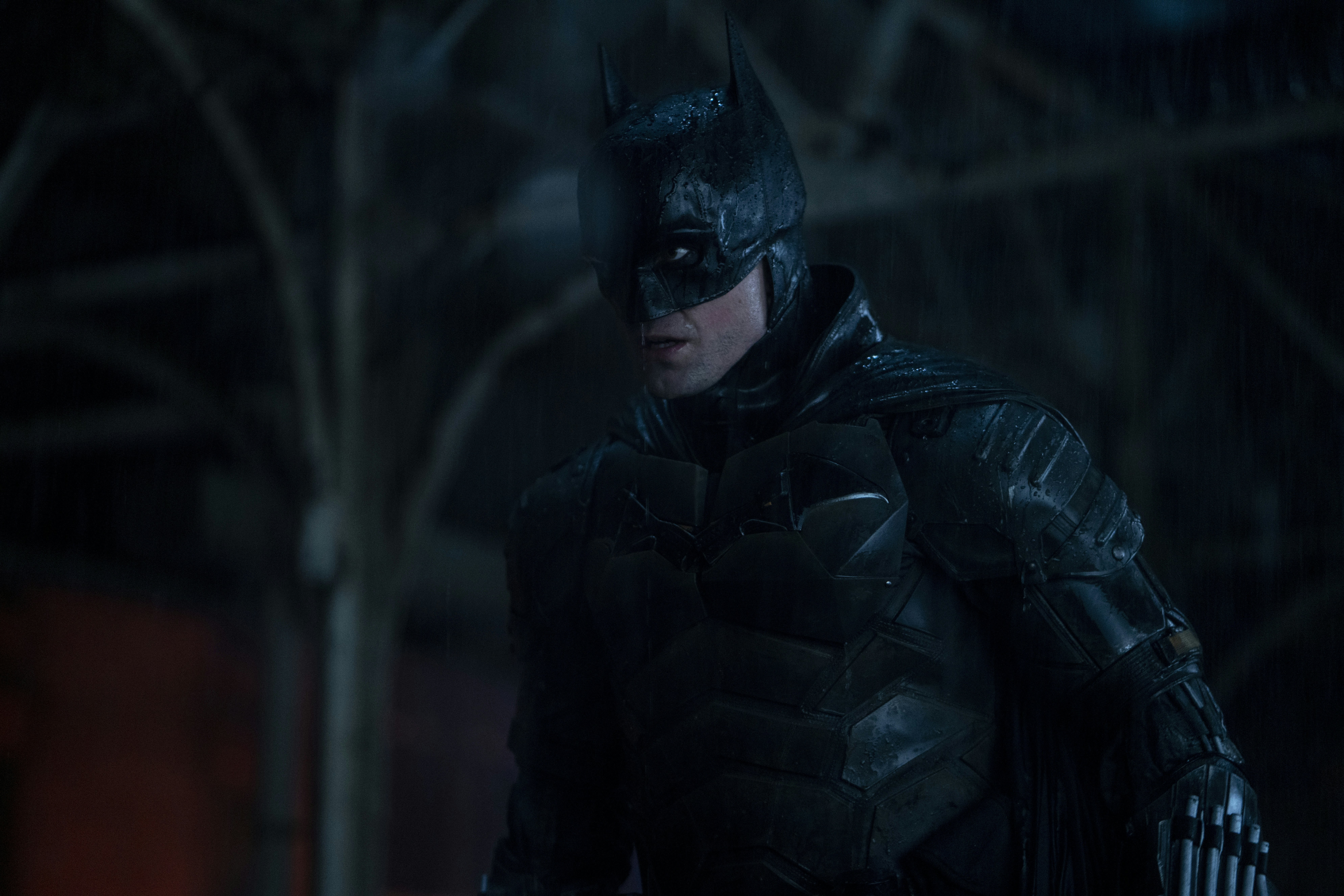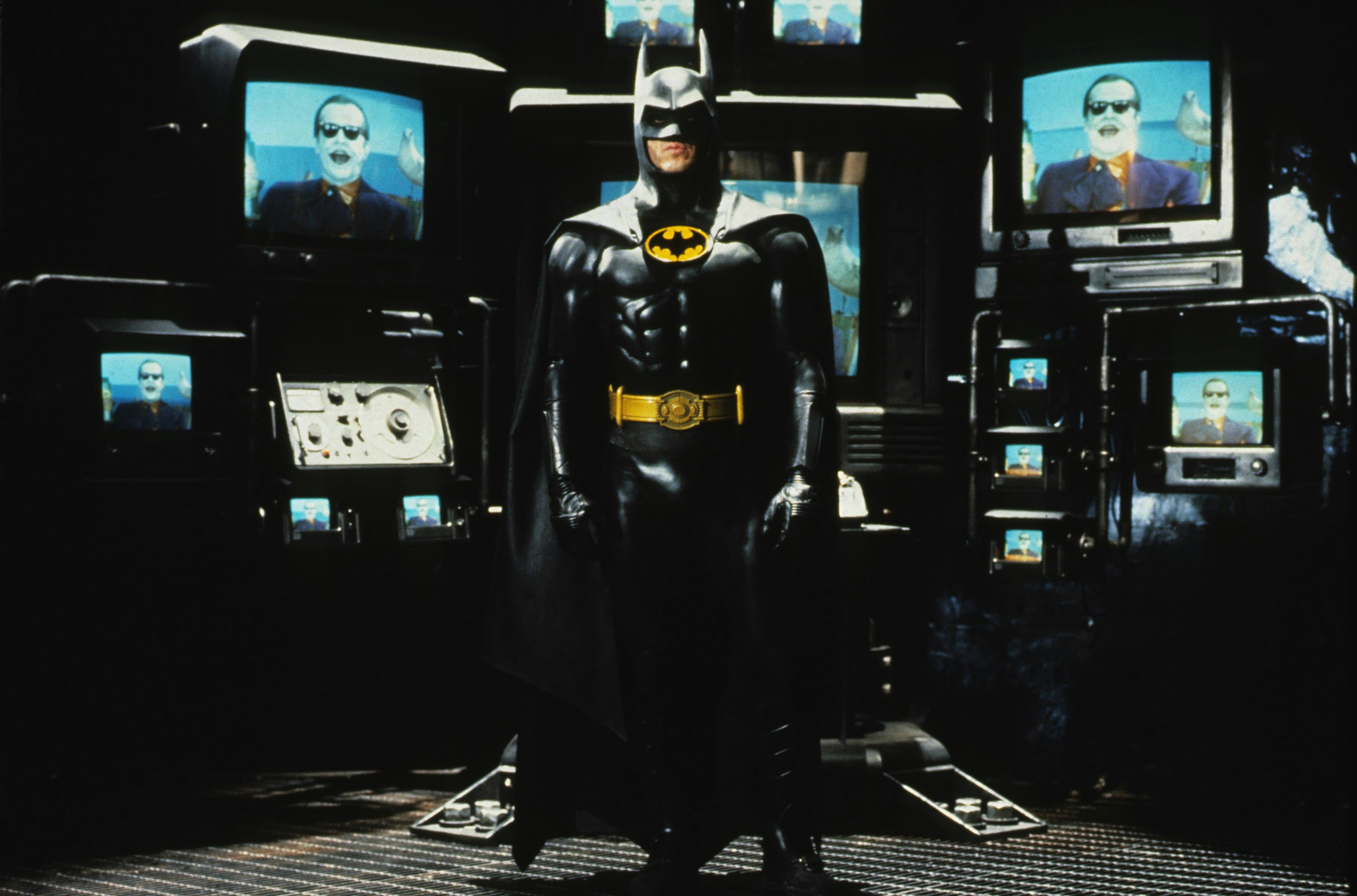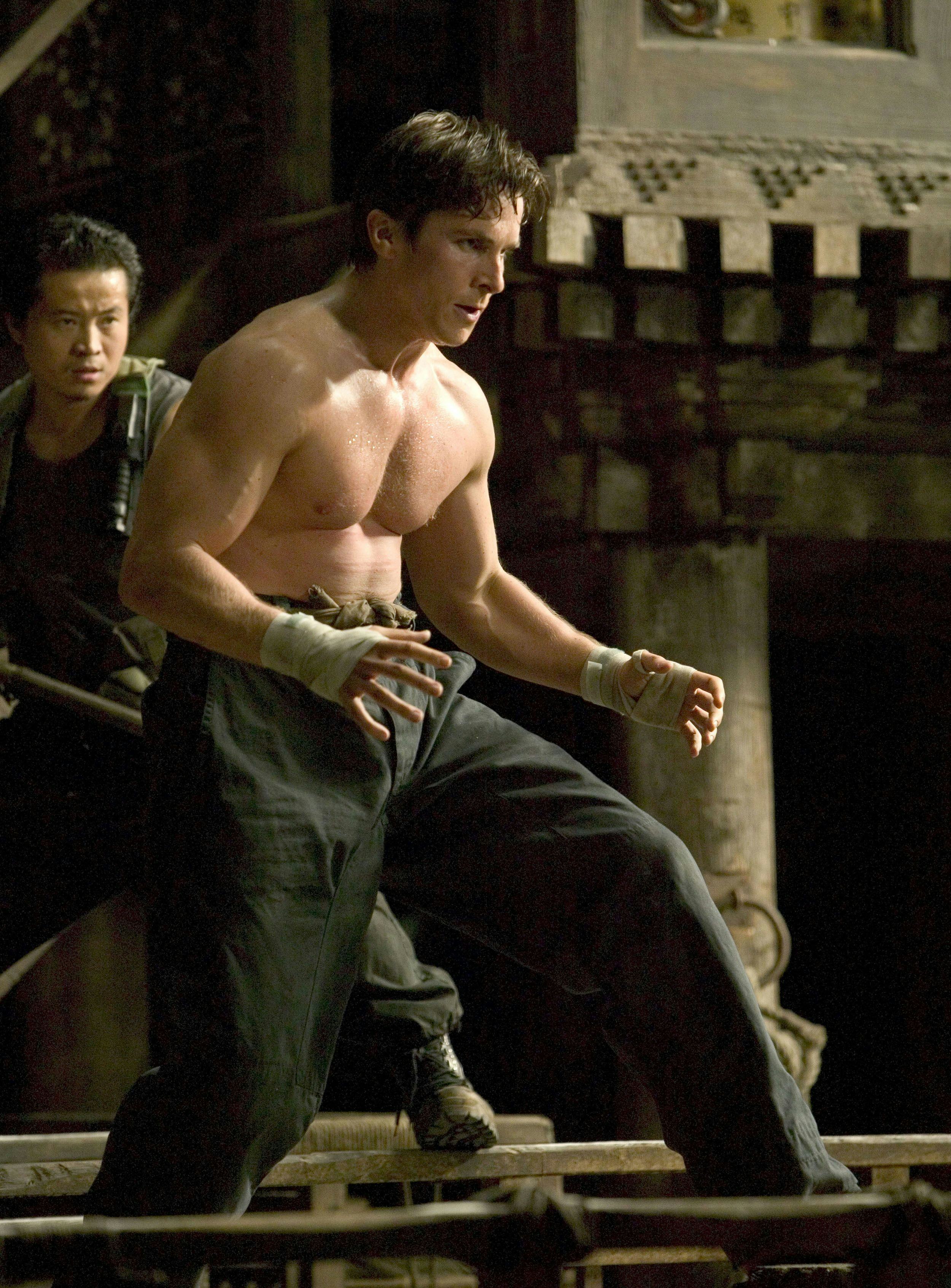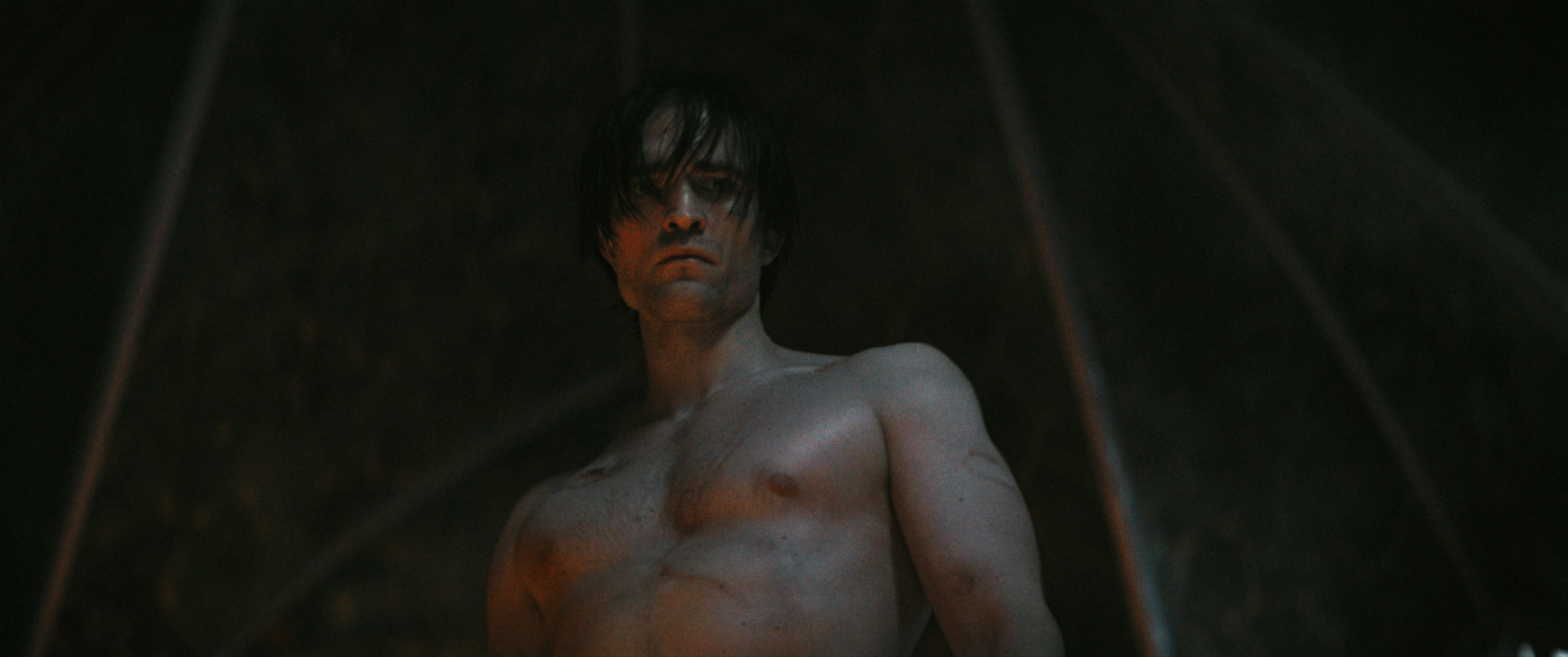
Robert Pattinson is an idiot. At least, that’s how he referred to himself in a February GQ profile.
Pattinson said he’d seen an early script of The Batman, his DC movie from director Matt Reeves. Reeves told the actor that he wanted to “do a ‘70s noir detective story,” a framework Pattinson thought was arbitrary. “I didn’t even know that Batman was ‘the world’s greatest detective’; I hadn’t heard that in my life before.”
Pattinson spent the last couple of years living, eating, and breathing as Batman, yet wasn’t clued in on Batman’s most iconic qualities. But after witnessing what the actor has given to the screen, Pattinson is a best case example of iconoclastic casting shaking up a towering pop culture hero that’s been around for over 80 years.

Modern theatrical Batmen have had to contend with Batman’s legacy. The question isn’t whether the roles fit them, but whether they fit the role. Two years after The Dark Knight Returns dramatically reinvented Batman’s comic book persona, Michael Keaton was chosen to lead what would be the biggest summer blockbuster of 1989: Tim Burton’s Batman. Keaton began a new era for Batman and, from the start, endured the worst fandom could muster.
Thousands of angry letters were sent to Warner Bros. by fans expressing distaste for Keaton, who had spent much of the decade in comedies like Mr. Mom. It wasn’t until the actual movie came out that fans crowned Keaton as Batman incarnate. Onscreen, Keaton was both the suave playboy Bruce Wayne was meant to be, as well as the weirdo karate kicker who stalks criminals in form-fitting black pleather.
After Keaton left the role, Val Kilmer and George Clooney met comparatively less resistance from fandom; it would be the films themselves that all but ended the Batman franchise by the new millennium. By the early 2000s, up and coming director Christopher Nolan was tasked with shepherding another reboot starring Christian Bale. His 2005 film Batman Begins began a new era for both Batman and superhero movies in general, a momentum that has yet to show any sign of slowing down.
“What I see in Christian is the ultimate embodiment of Bruce Wayne,” Nolan said in a 2003 press release. “He has exactly the balance of darkness and light that we were looking for.”

Kilmer, Clooney, and Bale all epitomized the aspirational male fantasy that is Bruce Wayne. Kilmer was paired onscreen with Nicole Kidman as psychologist Dr. Chase Meridian and, in a memorable scene likely to be an awakening for many an adolescent, the two share a tryst by the light of the Batsignal. “I’ll bring the wine, you bring your scarred psyche,” Meridian says while undressing.
Bale would later cast in stone his Bruce Wayne as the guy who walks into a party with a model in each arm (and, as Batman, the vengeful crusader with monk-like discipline). According to the special features of Batman Begin’s DVD release, Bale also had extra muscle behind him, beefing up with an added 100 pounds for the role. While most onscreen Batmen had some kind of aspirational physique, Bale’s portrayal arrived at a time when cinematic heroes were striving to look like action figures. Hugh Jackman’s lengthy stint as Wolverine spans enough time to provide visual evidence of the changing paradigm.
By 2016, when Ben Affleck was cast for the new DC shared universe, the aspiration became even more explicit. In Batman v Superman: Dawn of Justice, a significant portion of the movie has Batman training to stand up to the impossibly perfect Superman. He does so with unparalleled intensity, the sounds of iron clanging in the Batcave syncing to Hans Zimmer’s pulsating score.
With Robert Pattinson, the story about the actor wearing the cowl has echoes of the past and unfortunate shades of the present. Fandoms of all stripes are as angry as ever. Pattinson’s casting encouraged another wave of skepticism and fanboy rage due to his earlier work in the tween romance saga Twilight, although his later work in art house pictures like Good Time and The Lighthouse were held up as reasons to put down the pitchforks.

The mannerisms Pattinson brings to The Batman are indicative of a career spent in transgressive works. Along with Reeves, who envisioned a grungier, grimier universe, Pattinson’s Batman has the unkempt dirty blonde hair of Kurt Cobain and the smudged black eye makeup of an emo band’s lead guitarist. Unlike other Bruce Waynes, who wield charm, Pattinson’s Bruce is far more elusive. In The Batman, it’s suggested that his public appearance at a prominent political figure’s funeral is a rare sight. The silence of Pattinson’s Bruce Wayne — who has almost no lines of dialogue to anyone other than Alfred — is deafening.
Pattinson’s physicality tells a different story too. In The Batman, Pattinson reveals a lean frame, almost alien in its gangly-ness and un-action figure-like posture. The message is clear. While Batman is still more than happy to pummel gangs of clowns, the body that dons the costume isn’t like the others before him.
Both his personality and physicality are indicative of Pattinson’s polarizing approach to the role. The actor has previously spoken against the shredded shapes actors try to sculpt themselves into. In a July 2020 GQ interview, conducted amid lockdown, Pattinson expressed disinterest in the workout materials he was left with. “No one was doing this in the '70s,” he told the magazine. “Even James Dean — he wasn't exactly ripped."
Nothing about this makes Pattinson any better than those who’ve come before him. But it is noteworthy as perhaps the first time Batman has found a new dimension, one that shies away from the increasing machismo previous Batmen were pushing towards. We finally have a Batman who isn’t just a handsome tough guy who looks dashing in two different suits.
The Batman is now playing in theaters.





